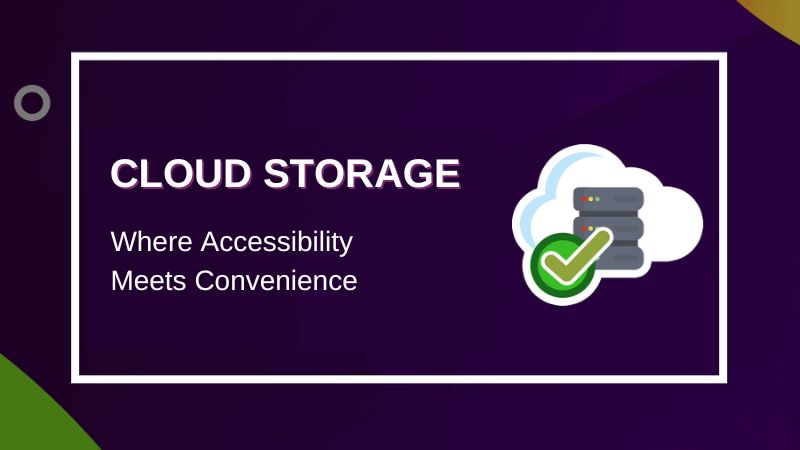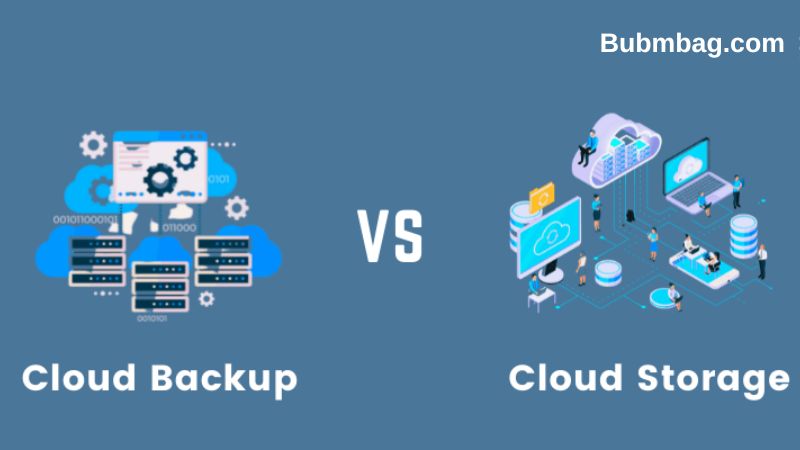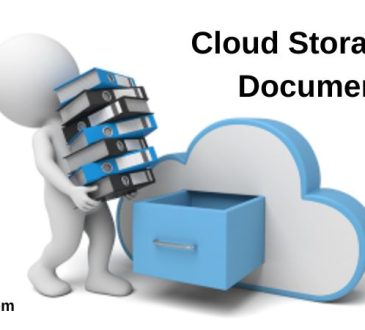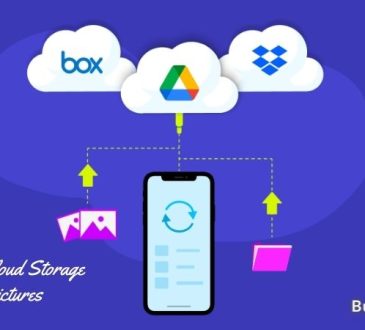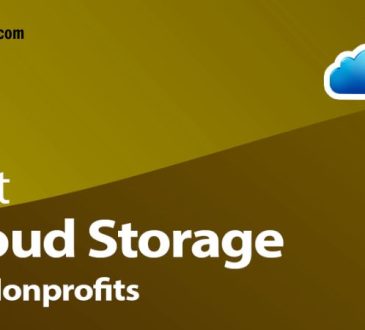Exploring the Vital Differences: Cloud Storage vs Cloud Backup
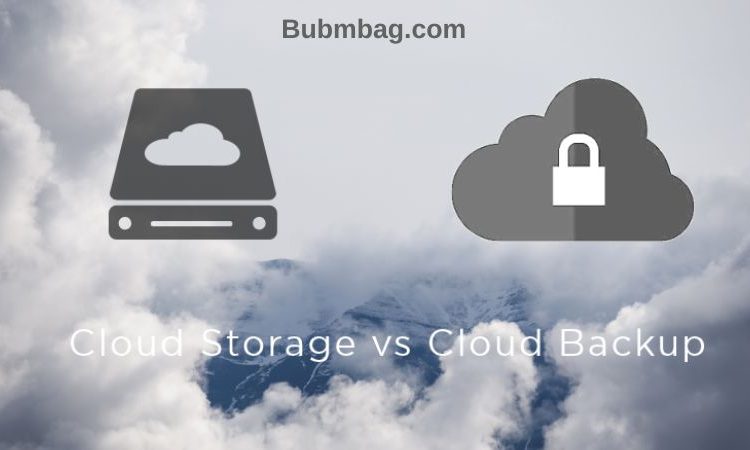
In the digital age, where data reigns supreme, the significance of cloud-based solutions for data management and protection cannot be overstated. Among the myriad offerings in the realm of cloud computing, two services stand out for their pivotal roles: cloud storage vs cloud backup. While they might seem similar at first glance, cloud storage vs cloud backup serve distinct purposes and cater to different needs. Understanding the nuances between these two services is crucial for individuals and businesses alike to make informed decisions about their data management strategies. At Bubmbag, let’s delve deeper into the realms of cloud storage vs cloud backup to unravel their unique features, benefits, and applications.
Contents
Cloud Storage: Where Accessibility Meets Convenience
Cloud storage represents a virtual haven for storing and accessing files and data over the internet. With cloud storage solutions, users can upload, download, and manage their files seamlessly from anywhere with an internet connection. The allure of cloud storage lies in its accessibility and convenience, enabling users to store and retrieve their files effortlessly across multiple devices.
Popular cloud storage services such as Dropbox, Google Drive, and OneDrive have become household names, offering users generous storage space along with a plethora of features. These platforms provide seamless file synchronization, allowing users to access their data seamlessly across devices. Whether it’s documents, photos, videos, or other digital assets, cloud storage serves as a centralized repository for organizing and sharing files with ease.
Cloud storage also fosters collaboration by enabling real-time file sharing and simultaneous editing among multiple users. Whether it’s collaborating on a project with colleagues or sharing family photos with loved ones, cloud storage platforms facilitate seamless collaboration without the constraints of physical boundaries.
Cloud Backup: Safeguarding Your Digital Assets
While cloud storage focuses on accessibility and convenience, cloud backup takes a more proactive approach to data protection and disaster recovery. Cloud backup involves creating secure copies of your files and storing them on remote servers hosted by a cloud service provider. The primary objective of cloud backup is to ensure data resilience by safeguarding against data loss due to various unforeseen circumstances.
Unlike traditional backup methods that rely on physical storage devices, such as external hard drives or tapes, cloud backup offers unparalleled scalability and reliability. With automated backup processes and continuous data syncing, cloud backup solutions ensure that your data remains safe and up-to-date at all times.
Leading cloud backup providers like Backblaze, Carbonite, and CrashPlan offer a comprehensive suite of features designed to meet the diverse needs of individuals and businesses. These solutions provide robust encryption protocols to safeguard data privacy and security, along with flexible retention policies and versioning capabilities to accommodate varying recovery scenarios.
Cloud backup serves as a fail-safe mechanism against data loss incidents, including hardware failure, accidental deletion, theft, or natural disasters. By maintaining redundant copies of your data in secure offsite locations, cloud backup mitigates the risks associated with relying solely on local storage solutions.
Distinguishing Cloud Storage vs Cloud Backup
While both cloud storage vs cloud backup involve storing data in the cloud, they serve distinct purposes and cater to different use cases. Differentiating between cloud storage vs cloud backup is essential for devising a comprehensive data management strategy tailored to specific needs and requirements.
Cloud storage primarily focuses on providing seamless access to files and data across devices, facilitating collaboration and file sharing among users. It serves as a versatile solution for personal and business use, offering features such as file synchronization, versioning, and collaborative editing tools.
On the other hand, cloud backup prioritizes data protection and disaster recovery, ensuring the resilience of critical data assets against various threats and vulnerabilities. Cloud backup solutions automate the backup process, creating redundant copies of data that can be restored in the event of data loss incidents.
While some cloud storage services may offer basic backup functionalities, they often lack the robust features and capabilities provided by dedicated cloud backup solutions. Conversely, cloud backup solutions may include storage features as part of their offerings but are primarily focused on data protection and recovery.
Choosing the Right Solution for Your Needs
Selecting between cloud storage and cloud backup depends on factors such as data sensitivity, recovery objectives, and budgetary constraints. Individuals and businesses must evaluate their requirements carefully to determine which solution aligns best with their needs.
For routine file management and collaboration tasks, cloud storage proves to be an invaluable asset, offering convenience and accessibility for storing and sharing files across devices. However, for safeguarding critical data assets and ensuring business continuity, investing in a robust cloud backup solution is imperative.
Ideally, a comprehensive data management strategy incorporates elements of both cloud storage vs cloud backup, leveraging their respective strengths to achieve data resilience and operational efficiency. By combining the accessibility of cloud storage with the resilience of cloud backup, organizations can safeguard their digital assets against a wide range of threats and vulnerabilities.
Conclusion
In the dynamic landscape of cloud computing, cloud storage vs cloud backup emerge as indispensable tools for managing and protecting digital assets. While cloud storage emphasizes accessibility and convenience, cloud backup prioritizes data protection and disaster recovery. Understanding the distinctions between these two services is essential for devising an effective data management strategy tailored to specific needs and objectives.
Whether it’s collaborating on projects, sharing memories with loved ones, or safeguarding critical business data, cloud storage vs cloud backup play complementary roles in ensuring the integrity and availability of digital assets. By harnessing the power of cloud storage vs cloud backup, individuals and businesses can navigate the complexities of the digital age with confidence, knowing that their data remains secure, accessible, and resilient in the face of adversity.
